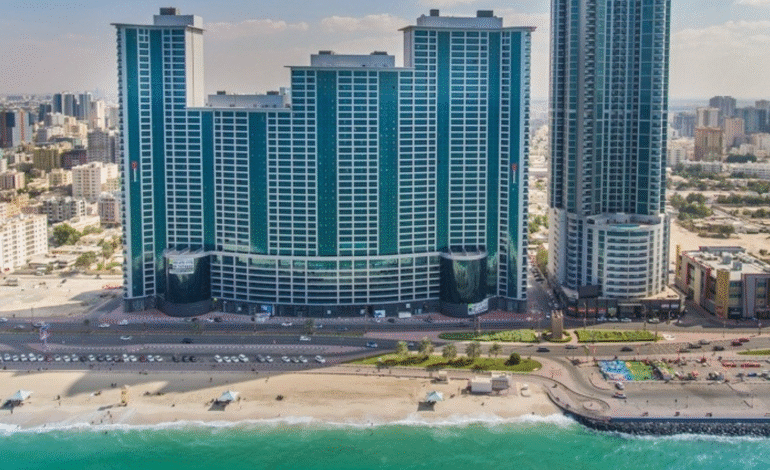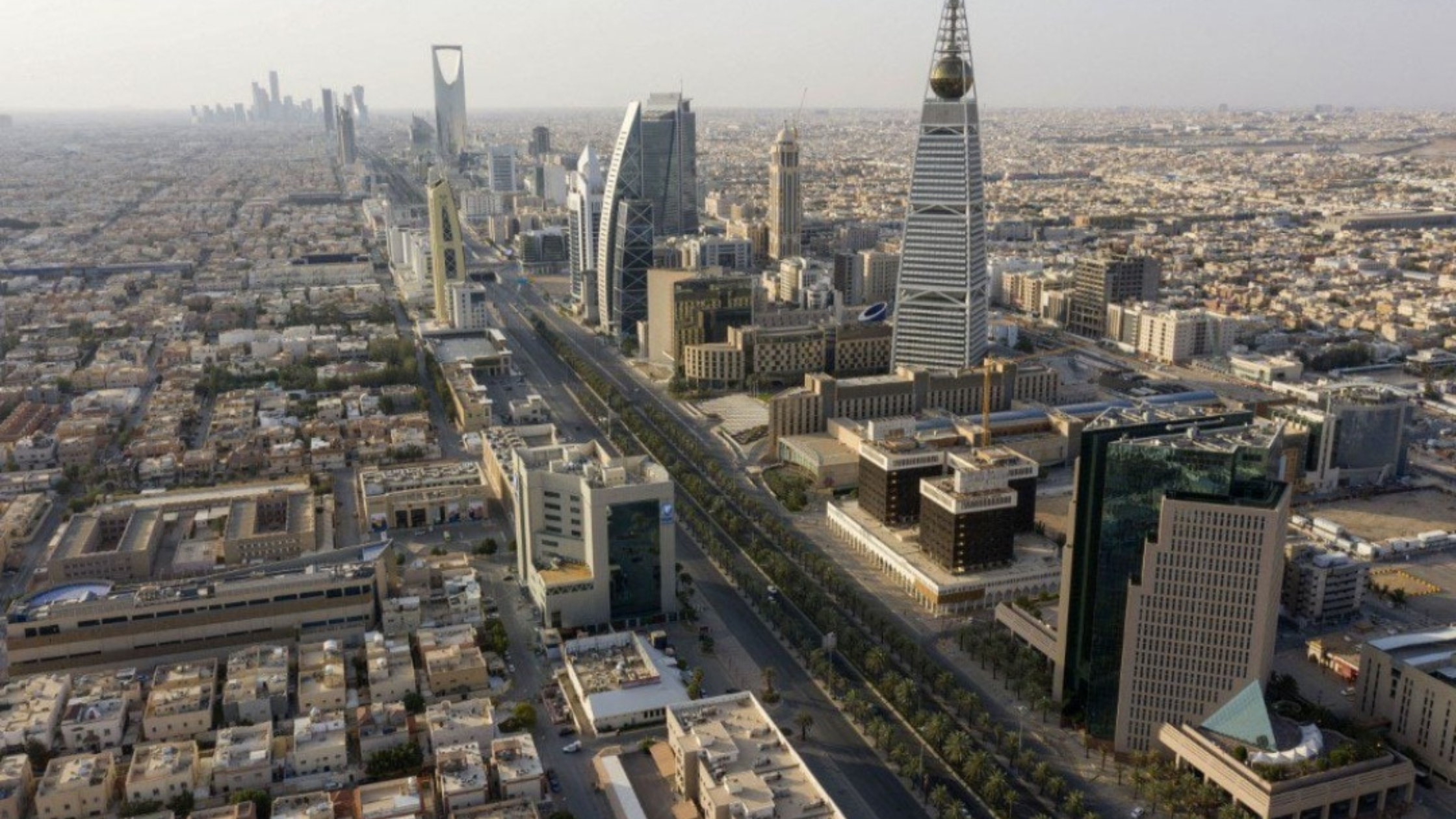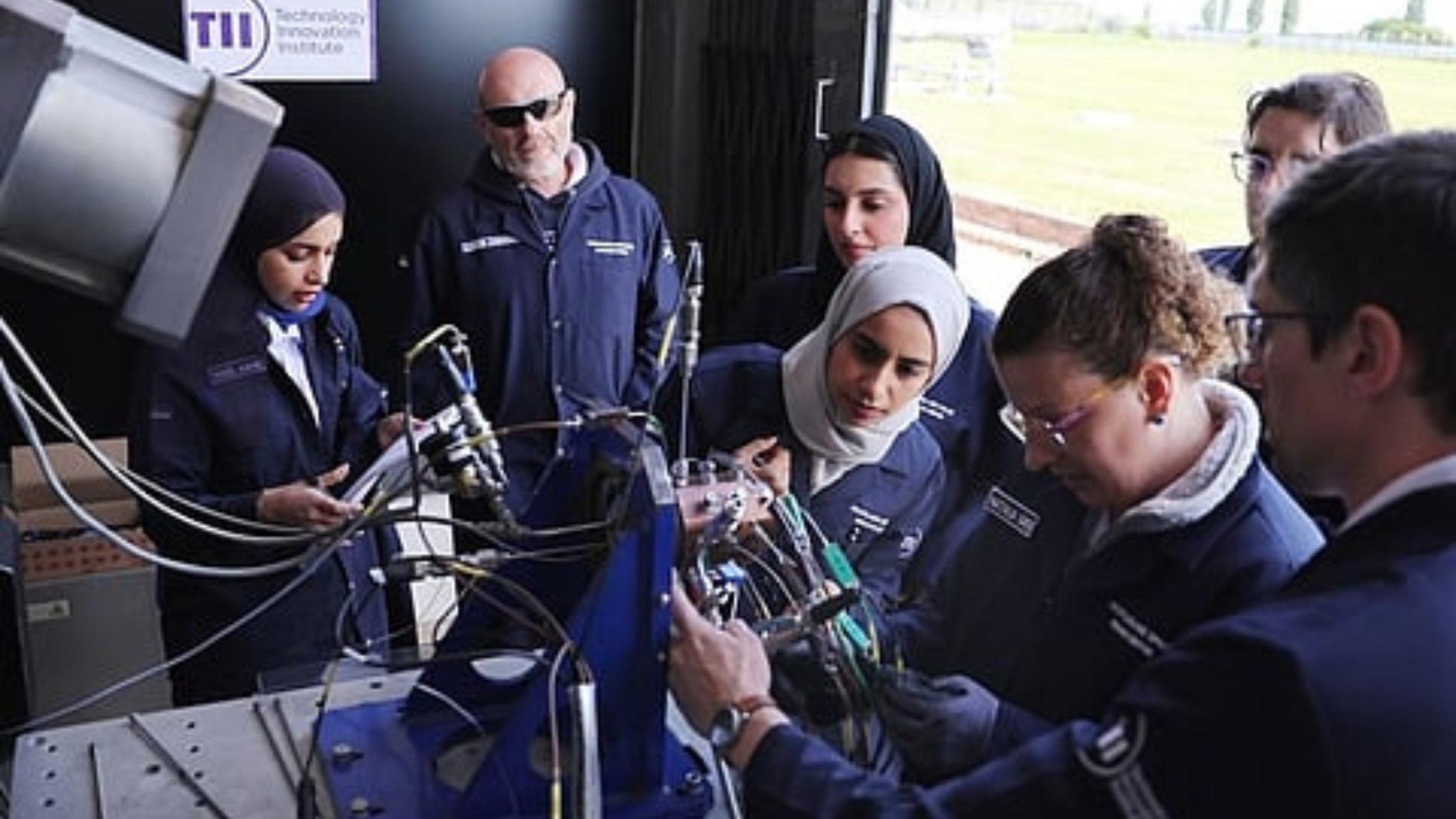Ajman Ranked World’s Second Safest City in 2025 by NUMBEO

In a remarkable testament to the United Arab Emirates’ unwavering commitment to security and quality of life, Ajman has been crowned the world’s second safest city in 2025, according to the latest report from NUMBEO, the renowned global database for crowd-sourced data on living conditions. This milestone not only elevates Ajman’s status on the international stage but also solidifies the UAE’s reputation as the premier destination for safety, stability, and overall wellbeing. With Abu Dhabi claiming the top spot, followed closely by Ajman, and other Emirati cities dominating the rankings, the UAE continues to set global benchmarks in urban safety.
The NUMBEO Safety Index 2025, which evaluates cities based on perceived crime levels, safety during day and night, and various quality-of-life factors, underscores the Gulf region’s growing allure for residents, expatriates, and tourists alike. As the Middle East’s beacon of progress, the UAE’s achievements in these rankings highlight its strategic investments in law enforcement, community engagement, and innovative technologies. For those searching for the safest cities in the world 2025, Ajman’s rise is a story of transformation, blending traditional Emirati hospitality with modern security measures.
Understanding the NUMBEO Safety Index: Methodology and Significance
NUMBEO, a Serbia-based platform established in 2009, compiles its indices through user-submitted surveys from millions of contributors worldwide. The NUMBEO Safety Index 2025 is derived from the inverse of the Crime Index, focusing on perceptions of safety rather than official crime statistics. Respondents rate factors such as the likelihood of muggings, car thefts, assaults, and overall worry about crime on a scale that results in a score from 0 to 100—higher scores indicate greater safety.
For the 2025 mid-year update, NUMBEO analyzed data from over 300 cities, incorporating real-time inputs to reflect current sentiments. This crowd-sourced approach ensures the rankings are dynamic and representative of lived experiences, making them highly relevant for potential movers, investors, and travelers. In contrast to government-reported data, which might underreport incidents, NUMBEO’s method captures subjective wellbeing, a key aspect of urban livability.
The significance of these rankings extends beyond mere accolades. In an era where global safety rankings 2025 influence migration patterns and economic decisions, high scores like Ajman’s 85.5 (on a scale where 100 is perfect safety) signal low crime rates and high resident satisfaction. For the UAE, this translates to enhanced foreign direct investment, booming tourism, and a thriving expatriate community—over 200 nationalities call the country home, drawn by its secure environment.
Ajman’s Ascent: From Humble Emirate to Global Safety Icon
Ajman, the smallest of the UAE’s seven emirates, has long been overshadowed by its glitzy neighbors like Dubai and Abu Dhabi. Yet, in 2025, it has surged to the forefront as the second safest city worldwide, boasting a Safety Index of 85.5 and a remarkably low Crime Index of 14.5. This achievement marks a pivotal moment for Ajman, reinforcing its evolution into a desirable hub for families, professionals, and retirees seeking tranquility amid rapid development.
What drives Ajman’s safety success? At the core is the emirate’s proactive policing strategy, led by Ajman Police under the guidance of Major General Sheikh Sultan bin Abdullah Al Nuaimi. Initiatives such as community patrols, AI-powered surveillance, and rapid response systems have drastically reduced crime incidents. The emirate’s compact size—spanning just 260 square kilometers—allows for efficient resource allocation, ensuring every neighborhood feels secure.
Residents praise the sense of community that bolsters safety. “In Ajman, you can walk alone at night without a second thought,” shares expat Maria Gonzalez, a long-time resident from Spain. This sentiment echoes in NUMBEO surveys, where over 90% of respondents report feeling safe during nighttime strolls. Ajman’s beaches, like Al Zorah Natural Reserve, offer serene escapes, while its affordable housing—average rents at AED 25,000 annually—makes it accessible for middle-income families.
Economically, Ajman’s safety ranking is a boon. The emirate’s free zones, such as Ajman Free Zone, attract businesses in logistics and manufacturing, with foreign investments surging 15% in the past year. For those googling safest places to live in UAE 2025, Ajman stands out for its blend of affordability, cultural heritage, and modern amenities, including world-class hospitals like Thumbay Hospital.
UAE’s Dominance: Five Emirates in the Global Top 10
The UAE’s triumph in the NUMBEO safest cities 2025 isn’t limited to Ajman. Abu Dhabi leads with an unparalleled Safety Index of 88.8, maintaining its crown for the ninth consecutive year. The capital’s low Crime Index of 11.2 reflects rigorous law enforcement and urban planning that prioritizes security, from smart city tech to extensive CCTV networks.
Dubai, often synonymous with luxury, secures fourth place with a score of 83.9, thanks to its zero-tolerance policy on crime and vibrant multicultural fabric. Ras Al Khaimah (83.8) and Sharjah (83.7) follow, rounding out five UAE cities in the top six globally. Sharjah’s focus on family-friendly policies, including alcohol restrictions and cultural preservation, enhances its appeal.
This cluster of high rankings positions the UAE as the safest country in the world 2025, with a national Safety Index of 85.2. Compared to regional peers, Doha in Qatar ranks third (84.3), while Muscat in Oman places eighth (81.2), highlighting the Gulf’s collective emphasis on stability.
Global Context: How UAE Stacks Up Against International Peers
On the world stage, the top 10 safest cities 2025 include Taipei, Taiwan (83.6), The Hague, Netherlands (80.0), and Tampere, Finland (79.5), following the UAE and Qatar heavyweights. These cities share traits like strong governance and low inequality, but the UAE’s edge lies in its rapid modernization—transforming deserts into secure metropolises in decades.
In contrast, cities at the bottom, such as Caracas, Venezuela (Crime Index 82.2), grapple with political instability and economic woes. The UAE’s model—investing in education, healthcare (over 3,000 facilities in Abu Dhabi alone), and AI for predictive policing—offers lessons for global urban planners.
For Middle Eastern contexts, the rankings affirm the region’s shift from conflict stereotypes to safety havens. Saudi Arabia’s Riyadh (74.5) and Jeddah (73.7) are climbing, but the UAE leads, attracting talent from Asia, Europe, and Africa.
Implications for Tourism, Business, and Expat Life in the UAE
The UAE safety ranking 2025 has profound ripple effects. Tourism, already a powerhouse with 25 million visitors annually, is poised for growth. Safe streets encourage family vacations, adventure tourism in RAK’s mountains, or cultural immersions in Sharjah’s museums.
Businesses thrive in secure environments. Dubai’s status as a safest city for expats 2025 draws startups and multinationals, with low crime fostering innovation hubs like Dubai Internet City. Ajman’s ranking could boost its real estate market, where property prices have risen 10% post-announcement.
Expatriates, comprising 88% of the UAE population, benefit most. “Safety was my top priority when moving from India,” says software engineer Raj Patel in Ajman. Programs like the Golden Visa reward long-term residents, enhancing wellbeing.
Government efforts underpin this. The UAE’s Vision 2031 emphasizes happiness and security, with initiatives like Abu Dhabi Police’s AI-driven crime prediction reducing incidents by 20%. Community involvement, through apps for reporting issues, fosters trust.
Challenges and Future Outlook for Sustained Safety
Despite accolades, challenges persist. Rapid urbanization could strain resources, but the UAE counters with sustainable development. Climate resilience, cybersecurity, and inclusive policies for diverse populations are priorities.
Looking ahead, experts predict the UAE will retain its top spots in NUMBEO rankings 2026, driven by tech advancements like drone surveillance and blockchain for secure transactions. Ajman’s trajectory suggests it could challenge Abu Dhabi, spurring healthy competition among emirates.
Resident Stories: Voices from the Safest Streets
To humanize the data, consider tales from ground level. In Ajman, local entrepreneur Fatima Al Mansoori credits safety for her business growth: “I operate late hours without fear, thanks to visible policing.” In Dubai, British expat John Smith highlights nighttime jogs in Jumeirah as stress-relievers.
These anecdotes, echoed in NUMBEO surveys, paint a picture of thriving communities where safety enables dreams.
UAE as the Ultimate Safe Haven
The NUMBEO Safety Index 2025 cements the UAE’s legacy as a global leader in security, with Ajman’s second-place ranking a shining highlight. From Abu Dhabi’s pinnacle to Sharjah’s cultural sanctuary, the emirates offer unparalleled peace of mind. As the world navigates uncertainties, the UAE stands as a model of stability, inviting all to live, work, and thrive securely.







